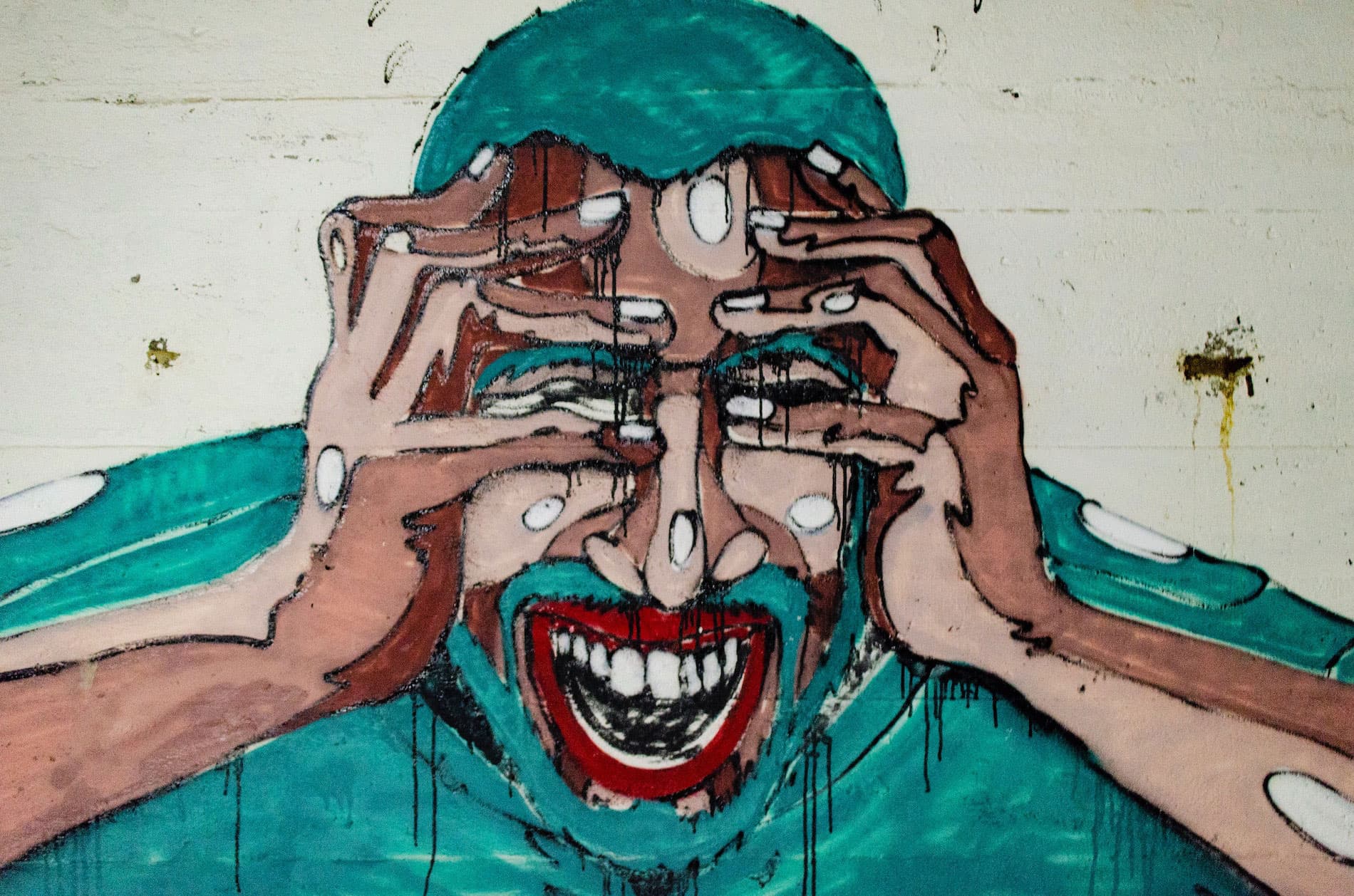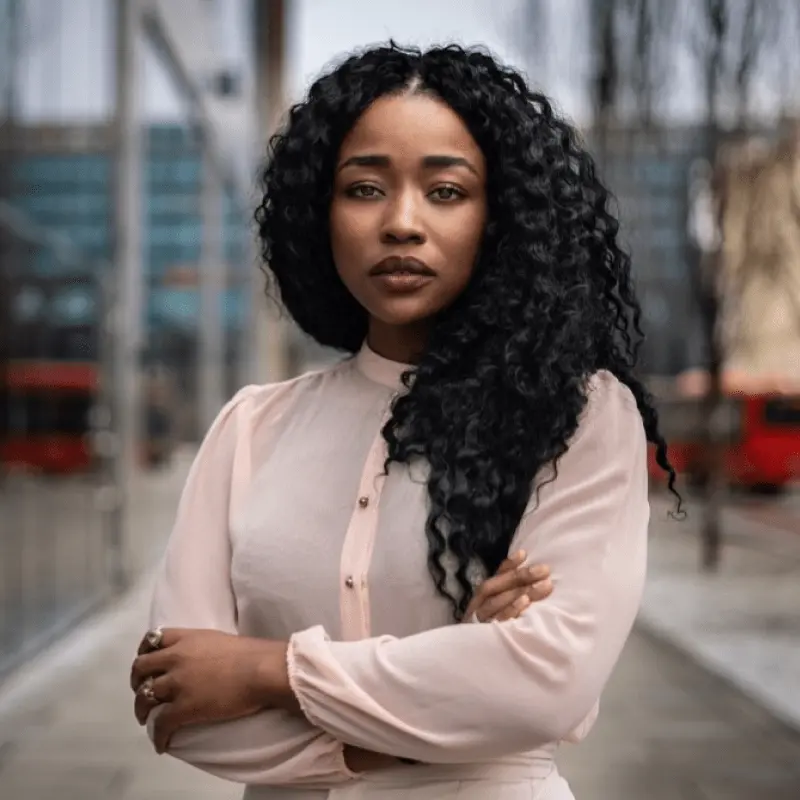My partner has a deadbeat childhood friend. Let’s call the deadbeat friend, “Dick,” and my partner, “Milan.” For Dick’s newly born precious son’s christening, Milan and I travelled about 6 hours to be present. After the Christening, we drove back to Dick’s, we figured we’d stay for an hour or two and then set off on our way back home. At Dick’s, his girlfriend, her parents, his sister and his mother were present. They each barely spoke to me, but let’s tag that to “assumed language barrier.” Notwithstanding, they conversed greatly among themselves and with my partner in Norwegian. Given that I had only recently arrived in Norway, and had only the basic understanding of the language, I figured that I had to learn the language, faster. But it wasn’t going to be on that day. So, I did what came naturally to me, I asked if I could hold the child.
You should know that babies have a thing for me—I am like a Jedi-whisperer for babies under the age of 3, thereafter, they scare me. I digress.
When I held on to Dick’s baby, barely a few months old, he calmly stared at me and I stared at him. Both of us observing each other, and in a way, saying hello. And then a beautiful moment was interrupted by an illiterate, ignorant, good-for-nothing piece of brain cells that is Dick— “he’s staring at you because you are his first negro.” I was floored. I needed a few minutes to digest what I had just heard. I had never been called a “first negro,” this was certainly a FIRST.
While I stood there shocked on one hand and brewing in anger that my smart mouth couldn’t find a fitting response, on the other, I felt a chill run through my spine. “Why is my partner still friends with this person?!?”
Milan, my partner, didn’t say a word, as did no one else, including me!! I put the child down, carefully, and sat on the couch mulling over what had just happened, light-headed and negatively stunned. Then what seemed like a lifetime passed. Milan continued conversing with Dick and everyone else, like nothing had happened and then it dawned on me, I had to say something.
After about 45 – 60 minutes of sitting there, and deconstructing what had happened, I said very calmly (because I did not want to come off as an “angry black person”), “Dick, I am not a negro. I am “insert nationality” and if you need more specificity, I can also provide you with exactly where I and my ancestors come from. If you aren’t sure what to call me, call me black, but never a negro. In another place and another country, you could very well be beat-up for this.”
Dick proceeded to defend himself by saying he did not mean it as negatively as I was used to. (Because, as you do, he assumed he knew what I was “used to.”)
He went on to explain to me that he grew up calling black people “Negro” and that in Norway, it is okay to do this. Furthermore, in Norway, people don’t mean it like people mean it in America.
Again, I was floored and started to explain to him how awfully ignorant and stupid he sounded. I also gave him a very basic history lesson. After which he apologized for calling me a negro, and in the same breath, saying it is not a negative word in Norway. Then Milan chimed in, agreeing with me, attempting to say it was inappropriate to be called a Negro. I gave Milan a look, and calmly said, “Do not speak. You are good at being silent where you can say a word, and make a difference. Please stay silent.” Needless to say, the drive home was awkward.
Lessons learned:
1). I don’t have to call Dick “deadbeat” or the other slew of insulting words, but doing so makes me feel better. And also clarifies to me that he is a special kind. I like to think that not many White men are that clueless and/or ignorant.
2). The meaning of words evolves with time. It is irrelevant what one thinks of a “well-meaning” word if it oppresses people or reminds people of a history of being quantified as “less than.”
3). I consider myself a social justice sympathizer. This is a self-assigned certification. I always know to speak up, my blood boils when I should but I don’t. So, even if it is not articulate, I always say something. On this day, I failed. I was angry with myself for a while for not speaking up more strongly or immediately. But with time, I forgave myself. Better late than never.
Written by E.




